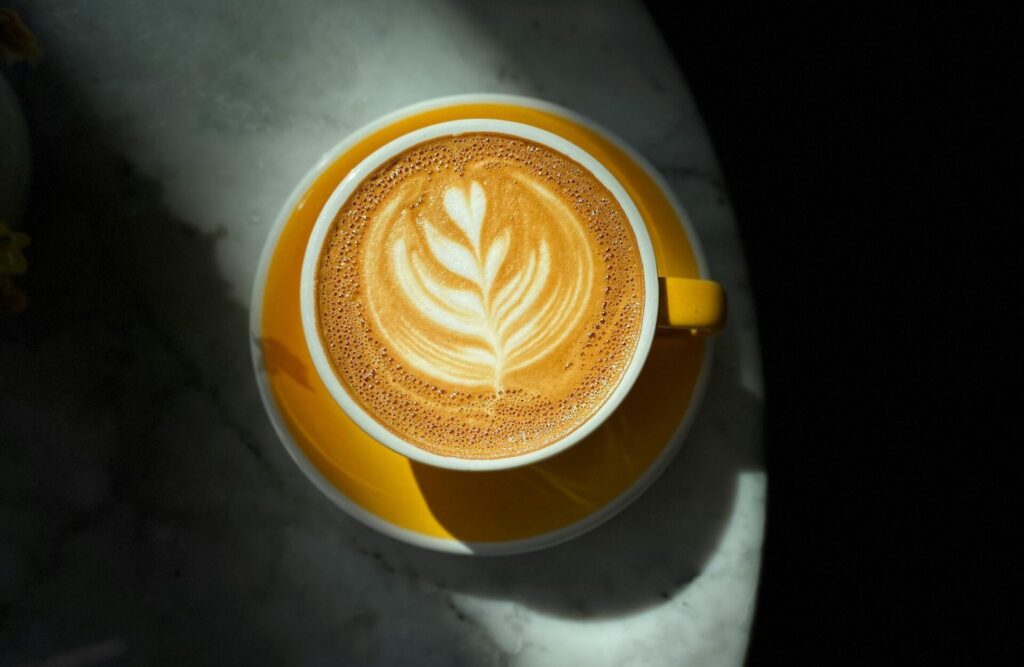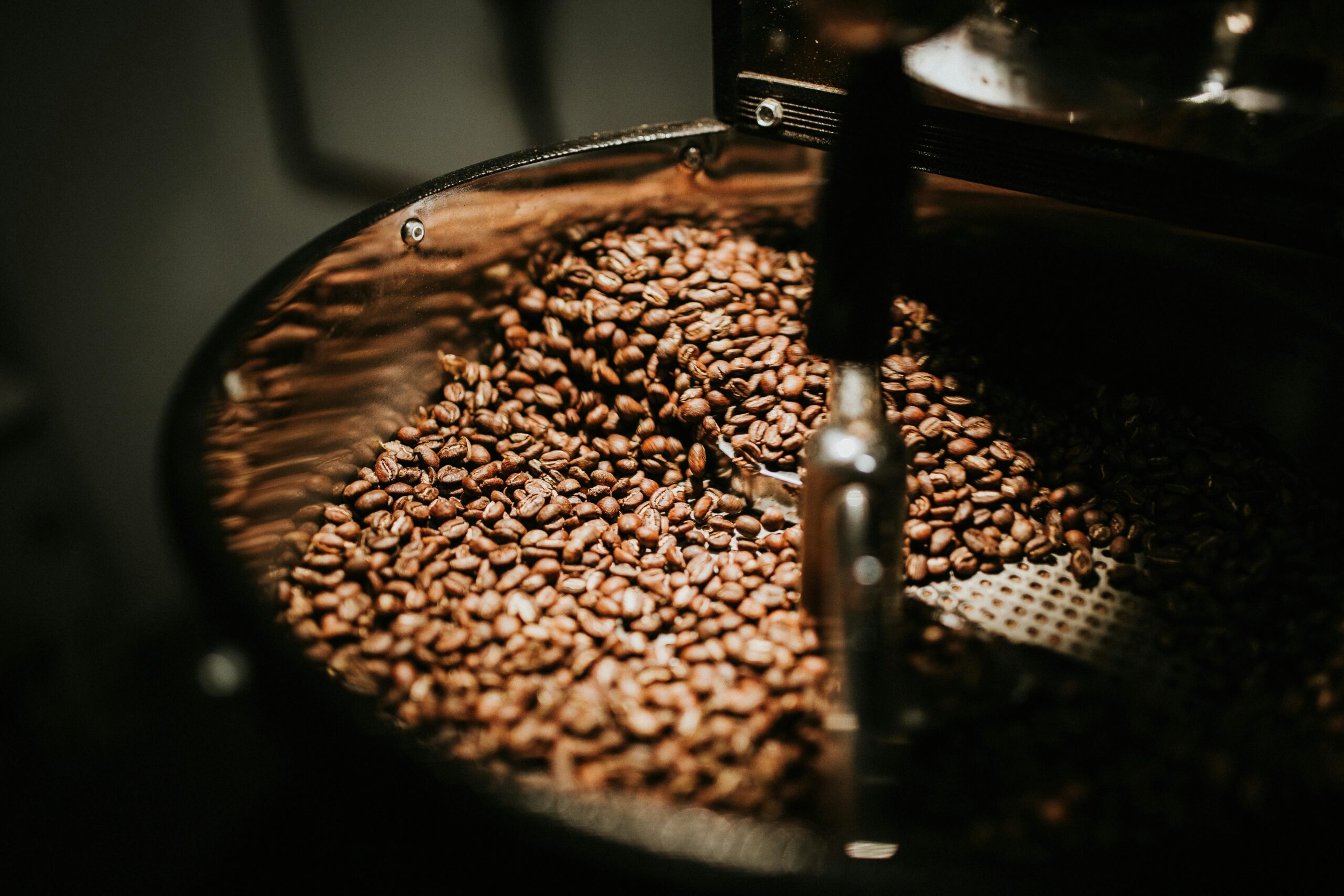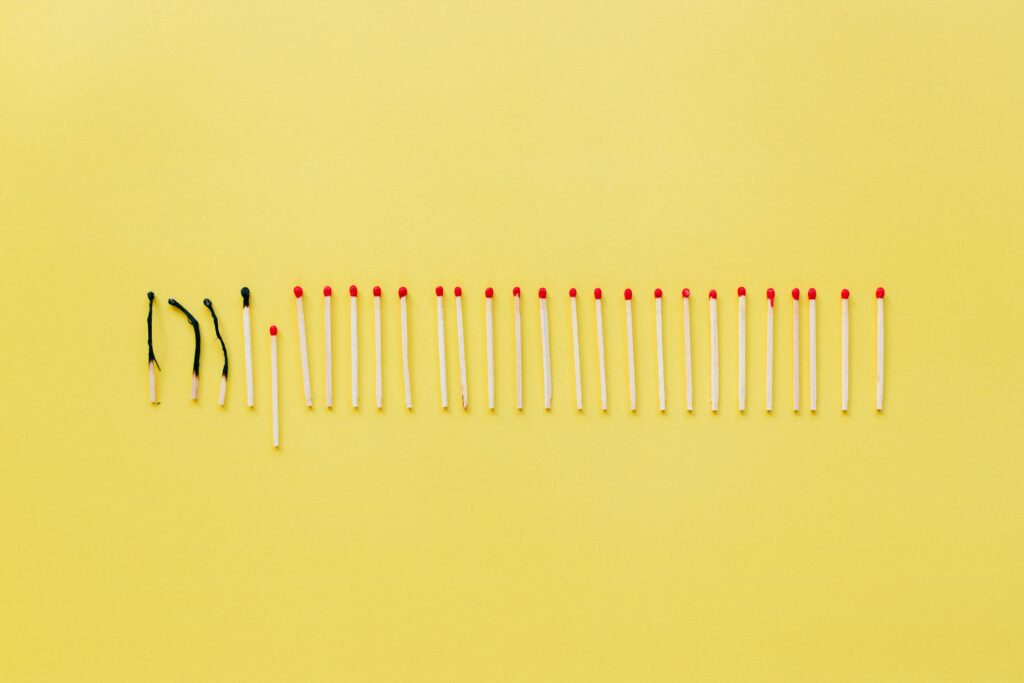When I think about caffeine — the unassuming substance in our favourite brews — I can’t help but consider its quiet role in shaping the world. How much of our progress, innovation, and creativity has been fuelled by coffee cups emptied during late-night work or early morning ambition? How different might our world look if caffeine hadn’t become a key player alongside those who dream, build, and create?
It intrigues me to think of caffeine as a subtle force that plays an active role in how the world progresses.
As someone who values intentional living, I often think about caffeine’s potential — not as a crutch, but as a tool. A tool that, when used thoughtfully, can sharpen focus, boost productivity, and spark creative energy. The key is to harness it deliberately, without letting it become something we depend on or feel bound to. Intentional use of caffeine can be used to enhance deep work sessions, fuel exercise, open your mind up for a good contemplation session and subtly enhance any experience to which you apply it to.
Just for a moment, consider caffeine as a sneaky tool with huge potential.

Chances are, if you’re reading this, caffeine already has a role in your life. Maybe it’s in your morning cortado or the espresso shot that carries you through the afternoon lull. Today, I want to share a few simple principles to help you get the most out of it — not just to create and achieve more, but to truly enhance the experience that it is, even if you’re just enjoying the beautiful flavours of your favourite beans.
If you’re going to engage with this substance, why not make it the best experience you can?
Principles to Enhance Your Caffeine Experience

Less Is More
When it comes to caffeine, moderation is key. Overindulging in caffeine can lead to diminishing returns, where the body builds a tolerance, and the stimulating effects are less pronounced. More caffeine doesn’t always mean more productivity — it can lead to jitters, anxiety, or even shaky focus. By embracing a “less is more” mindset, you can leverage caffeine strategically, ensuring it serves as a tool to enhance performance rather than a crutch. I have had extremely productive flow sessions using a very small amount of caffeine. LOL too much caffeine always feels like you’re riding the wave between your best ideas and having full blown panic attack. We love it.
Drink 2:1 Parts Water Per Part Caffeine
Caffeine is a natural diuretic, which means it can lead to dehydration if not balanced with adequate water intake. Drinking two parts water for every part caffeine ensures that your body stays hydrated, which is crucial for maintaining energy levels, cognitive function, and overall well-being. Hydration also helps mitigate some of the negative side effects of caffeine, like headaches or fatigue, keeping you in peak form without unnecessary strain on your system. Drinking water alongside your coffee definitely creates a much smoother experience.
Ingest 2:1 mg of L-Theanine Per mg of Caffeine
Pairing caffeine with L-Theanine, a compound commonly found in tea, can smooth out caffeine’s stimulating effects. While caffeine alone can sometimes lead to heightened anxiety or jitteriness, L-Theanine promotes relaxation and focus, creating a balanced, calm energy. A 2:1 ratio of L-Theanine to caffeine (mg) has been shown to enhance cognitive performance, helping you stay alert and productive without the crash or overstimulation. Similar to the point above, using L-Theanine creates a calm yet bulletproof presence and focus. I have done this many times and evidently it proves to be true — definitely experiment with what works best for you.
Avoid Consuming Caffeine Within 90 Minutes of Waking
Your body naturally produces cortisol, a stress hormone that helps you feel awake and alert, in higher amounts shortly after waking. Consuming caffeine during this window can interfere with this natural process, making you overly reliant on caffeine for wakefulness. Waiting at least 90 minutes allows your body’s natural rhythms to take charge first, ensuring caffeine boosts your energy later rather than replacing what your body can do on its own. For more scientific explanations of the neurochemistry of caffeine in your brain and body check this video out:
Avoid 10 Hours Before Sleep
Caffeine’s effects can linger in the body for several hours, and consuming it too close to bedtime can disrupt sleep quality. Poor sleep diminishes the cognitive and physical benefits you might be seeking from caffeine in the first place. By avoiding caffeine 10 hours before sleep, you allow your body to fully metabolise it, ensuring that your rest is undisturbed and you can recharge for the next day. I try aim to have my last cup of coffee between 12-2pm. If you are someone who enjoys that afternoon coffee, then a great compromise is to opt for a cup of decaf which tastes just as great!
Take A Day Off Per Week (Or Every Couple of Weeks)
Regular caffeine consumption can lead to tolerance, where your body becomes accustomed to its effects, requiring higher doses for the same benefits. Taking a caffeine-free day once a week— or every couple of weeks — resets your tolerance slightly, making caffeine more effective when you do consume it. These breaks also give your adrenal system a chance to recover, reducing dependency and keeping caffeine a tool, not a necessity.
Take A Couple Of Weeks Off Per Year
Longer breaks from caffeine, such as a week or two annually, allow your body to recalibrate. This reset period can help you reconnect with your natural energy levels and reduce dependency. It’s an opportunity to evaluate how caffeine impacts your daily life and make adjustments to your consumption habits if needed. When you return to caffeine, its effects will feel much more pronounced, providing a significant boost.
I know this is tough to do but always worth it.

Use Coffee As A Deep Work Enhance (& Trigger)
Caffeine can serve as a psychological and physiological trigger for productivity when used intentionally. Associating a cup of coffee with starting a deep work session trains your brain to enter a focused state as part of a routine. This pairing helps solidify the habit of sustained concentration, leveraging caffeine’s stimulant properties to maximise mental clarity and creativity. Over time, the ritual itself can become a powerful cue for focus, even without caffeine. Then as you start to enter flow, the caffeine pushes you that much deeper once it starts to take effect in your body. I would love to write some separate blogs in the future surrounding deep work and how to craft powerful deep work systems.
Rian Doris has a great channel where he speaks a lot about the relationship between caffeine, productivity and the experience of maximising flow. If you have an interest in carefully crafting caffeine as a piece in your quest, then this is a great channel to learn a few things from.
Click here to view his channel.
Contemplate the place caffeine has as a tool in your life. Whether it be centred around creation or just as something you enjoy, why not make it the best experience you can make it. Caffeine is a powerful substance not to be taken for granted. I like to treat caffeine seriously, seeing it for the strong stimulant that it is and it will be worth your time to do the same. This will help you maximise its purpose as you work, create, play and grow.
#12


